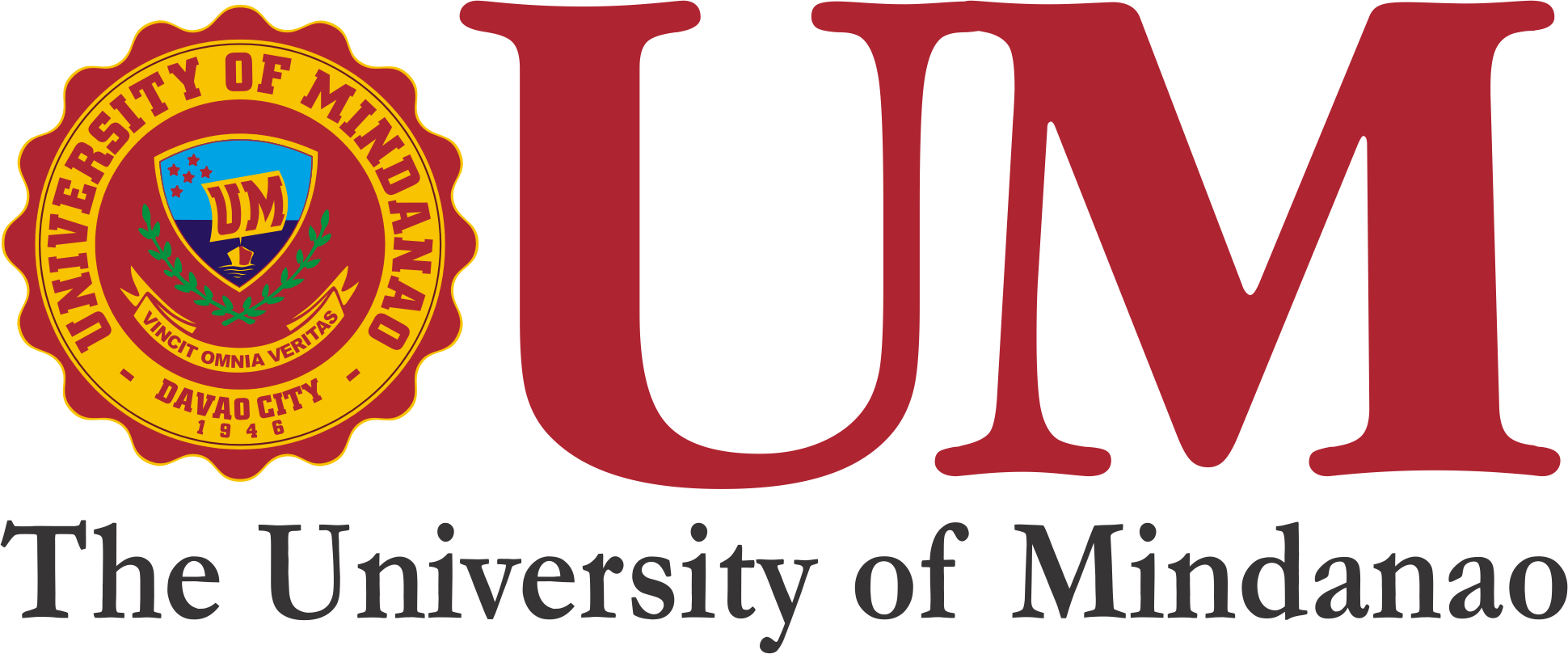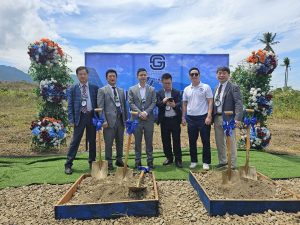Hult Prize, the biggest global movement for social entrepreneurship, urged students of the University of Mindanao (UM) campuses to create scalable social enterprises and startups that will help improve the food industry.
The annual movement has invited UM students to participate in the recently launched Hult Prize 2021 Challenge themed as Food for Good: Transforming food into a vehicle which seeks viable food enterprises that will create jobs, stimulate economies, reimagine supply chains, and improve outcomes for 10,000,000 by 2030.
“We are challenging you to transform food from a bare necessity for survival into a vehicle for human wellbeing and prosperity. In order to do this, you will have to understand how our existing food systems work, and why they are failing humanity on a global scale,” Hult Prize said in a statement.
“Food is the ultimate equalizer. Yet increasingly over recent decades, food systems have become machines of extraction that reduce our well-being, weaken communities, and impoverish the world around us. Store aisles are filled with arsenals of cheap, addictive products that attack the soul through the hollowness of manufactured consumption. Parents wage a daily battle to nourish and nurture their children, while food supply chains funnel massive profits to corporations and billionaires,” it added.
The Hult Prize at University of Mindanao (UM), being one of Hult Prize’s more than 2,000 partner colleges and universities in 121 countries, has prepared several impact-focused activities for its OnCampus Program to help UM students enrolled in its Davao and external campuses build their enterprises.
Hult Prize at UM Campus Director Richard R. Day said UM students must only form and register a team with three to four members explaining their enterprise idea. The shortlisted teams will undergo a Bootcamp to learn about design thinking, lean business canvas, and pitching, among others and compete in the quarter finals.
He added the winning social enterprises and startups of the OnCampus quarter finals will receive P10,000 for the first place, P5,000 for the second place, and P3,000 for the third place
He said the first placer will advance to the Regional Summit to compete with 500,000 startup founders in about 75 countries until they reach the Global Final Competition for a chance to win the coveted USD 1,000,000 startup capital from the Hult Prize Foundation to scale up their social enterprise.
On top of that, Day said HP at UM organized a series of webinars and virtual learning sessions during the OnCampus Program to give students ideas for their social enterprises and startups every Saturday of November starting on November 14.
“Hult Prize is a great platform for student changemakers to build their impact-driven and profitable enterprises. It is a fantastic community for people whose eyes are wide-open to the social realities of poverty, hunger, climate change, and conflicts,” Day said.
“For the Hult Prize 2021 Challenge which is Food for Good, the youth in Mindanao are in an advantageous position because we are an agricultural region. We basically supply food to other places within and outside our country,” he said.
Data from Mindanao Development Authority (MinDA) as of August 2020 bared that Mindanao “contributes 40 percent of the national food requirements and 30 percent of the national food trade.”
The region, which is comprised of six provinces namely Davao Region, Caraga Region, Northern Mindanao, Soccsksargen, Zamboanga Peninsula and Bangsamoro Autonomous Region in Muslim Mindanao, is also the source of high-value crops such as cacao constituting 84.42 percent of the country’s production, coffee at 73.59 percent, seaweeds at 57.35 percent, coconut at 49.32 percent, and palm oil at 90.82 percent, among others.
Day suggested students may start ideating business enterprises around but not limited to Mindanao’s bounty, citing successful social enterprises in Davao Region such as Coffee For Peace which recently won the prestigious 2020 Oslo Business for Peace Award organized by the United Nations Global Compact and the Business for Peace Foundation.
“I believe the students are brimming with disruptive, scalable, and impact-driven ideas be it tech or product innovations that can improve the state of food systems and value-chain, encourage healthy consumption, and promote sustainable food production, among others,” he said.
“It is just a matter of providing them with the right tools and knowledge which the Hult Prize movement is about: to inspire, educate, train, accelerate, fund, and scale. We aspire to set foot to the Regionals and contribute to this era’s movement of change,” he added.


